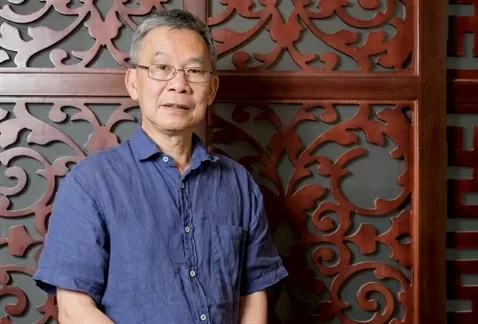 |
| Professor Le Van Cuong, Honorary Research Director of the French National Center for Scientific Research (CNRS). (Source: Homeland Magazine) |
That is the opinion of some experts in the context of Vietnam aiming to become a high-income country by 2045 and innovation is considered one of the key driving forces to achieve this transformation.
According to experts, for that process to truly go into depth and bring real effectiveness to the economy and people's lives, Vietnam needs to clearly define priorities, methods and implementation methods suitable to Vietnam's conditions.
Professor Le Van Cuong, Honorary Research Director of the French National Center for Scientific Research (CNRS), said that Vietnam needs to develop innovation in the spirit of Joseph Schumpeter's "destructive creativity" theory - that is, to boldly create something new and abandon the old, outdated one. According to him, "innovation cannot stop at slogans or academic concepts, but must be concretized into applications closely related to people's lives."
Professor Le Van Cuong cited that artificial intelligence (AI) or robot technology needs to be developed in a direction that practically serves agricultural production, food processing and other industries.
"If people, especially in rural areas, do not feel the real benefits of innovation, they will feel left out of development," said Professor Le Van Cuong.
According to him, innovation is only meaningful when it helps farmers "work less and be more efficient", making life better, and is not a distant concept reserved only for academics or urban areas.
The expert also warned that in the process of investing in AI and high technology, special attention should be paid to poor populations and rural areas - those who are likely to be left behind in this transformation: "Do not let innovation become the privilege of a small group with better access to technology and education."
From the perspective of human resource development, Professor Nguyen Van Phu, Senior Researcher at CNRS, believes that innovation cannot be separated from human development strategy. According to him, Vietnam needs to focus on investing heavily in higher and postgraduate education, especially in STEM fields (science, technology, engineering and mathematics), while also focusing on training high-quality management human resources. He said: "Only by investing systematically, long-term and focused on human resources can we build a knowledge-based and innovative economy."
Professor Nguyen Van Phu also commented that new policies such as Resolution 57 and Resolution 68 have opened up a correct direction, but the important thing is to quickly concretize and implement them more drastically and substantially.
He noted: "Not only Vietnam focuses on innovation, but many other countries are decades ahead of us. Therefore, if we do not move quickly and strongly, it will be very difficult for us to catch up."
 |
| Innovation is the process of building a knowledge society where people directly benefit from the results of innovation. (Source: Mekong ASEAN) |
Meanwhile, Director of VINEU (Vietnam Innovation Network in Europe) in France, President of the Association of Young Vietnamese Entrepreneurs in Europe Tran Ha My also said that in recent years, with the promulgation of new policies, a generation of young Vietnamese entrepreneurs and intellectual experts have been motivated to engage in the field of innovation.
However, she pointed out three major barriers at present: lack of initial investment capital, incomplete institutions, and weak links between the State - universities - enterprises. According to Ms. Ha My, while in France or the US, innovative start-ups are often financially supported by the Government from the very beginning, in Vietnam, this form of support is almost non-existent.
At the same time, the legal system is still in the process of adjustment, failing to create a stable and transparent environment for development initiatives. She emphasized: "If these three factors - capital, institutions and public-private-university linkages - are resolved, I believe that innovation activities in Vietnam will explode and go into deeper practice."
For his part, Associate Professor Jean-Philippe Eglinger of the University of Oriental Languages and Civilizations (INALCO, France) emphasized that political determination is the foundation of success. According to him, Vietnam's top leaders have clearly demonstrated their will to consider innovation as "the cause of the entire people" and affirmed that Vietnam has no other choice but to succeed in this policy.
He noted that after more than 10 years of development, Vietnam has formed a relatively complete innovation ecosystem, with the participation of universities, businesses and organizations at home and abroad. Associate Professor Eglinger said that Vietnam, like France, can take advantage of the strengths of the public sector to lead innovation, while at the same time needing to strengthen international cooperation - especially with France - in the field of innovation incubators, technology transfer and intellectual property protection.
He emphasized: "This cooperation not only helps Vietnam access advanced technology, but also contributes to forming its own technological sovereignty - a core element of sustainable development."
From the above comments, it can be seen that French and Vietnamese experts agree that innovation must start from people and be directed towards people. It is not just about developing technology or starting a business, but the process of building a knowledge society where people directly benefit from the results of innovation.
To do that, Vietnam needs a synchronous combination of policy, education, investment and international cooperation - so that every creative idea, whether originating from the laboratory or the field, can contribute to the country's overall development goals.
Source: https://baoquocte.vn/chuyen-gia-goc-viet-hien-ke-de-viet-nam-doi-moi-sang-tao-thanh-cong-331481.html




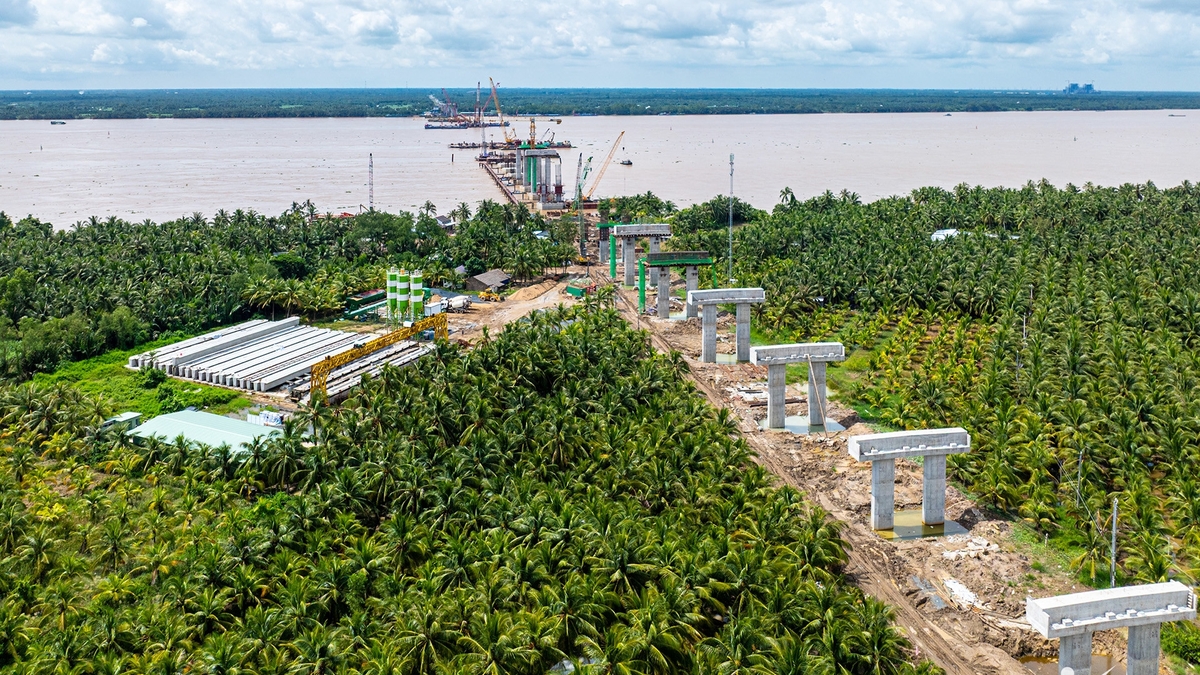
![[Photo] Prime Minister Pham Minh Chinh meets with representatives of outstanding teachers](https://vphoto.vietnam.vn/thumb/1200x675/vietnam/resource/IMAGE/2025/11/15/1763215934276_dsc-0578-jpg.webp)




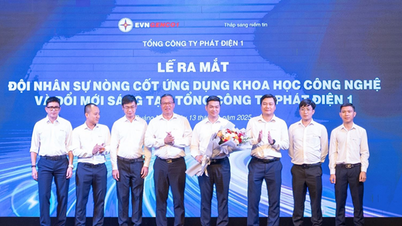
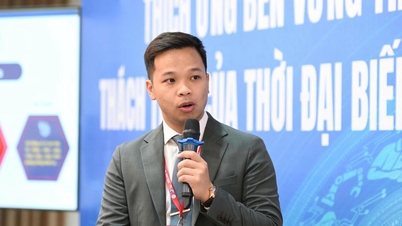

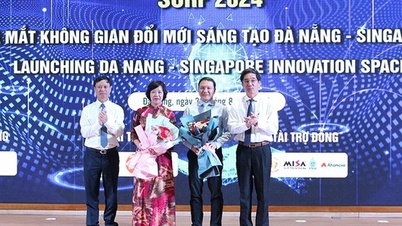

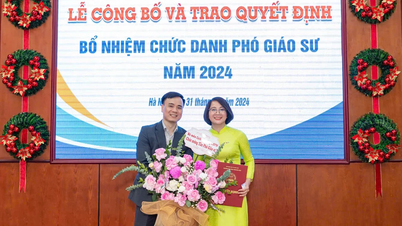
















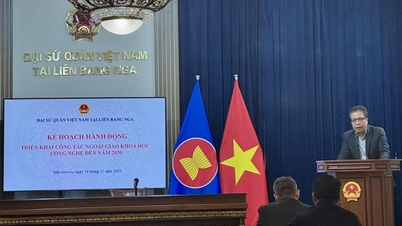

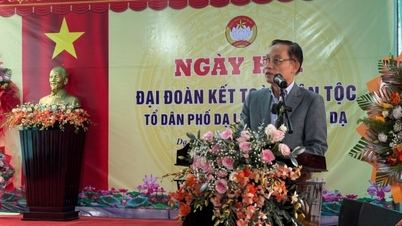
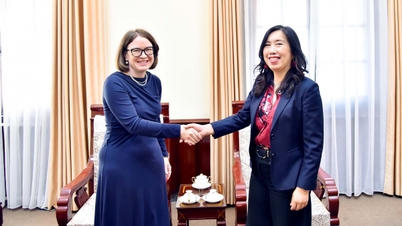
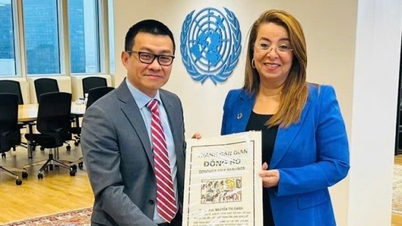






































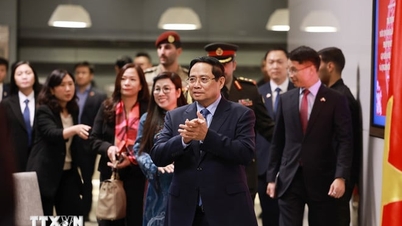



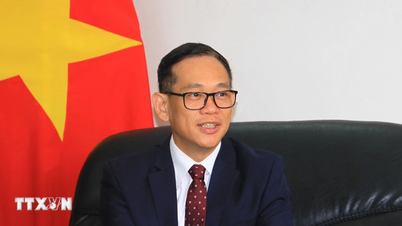








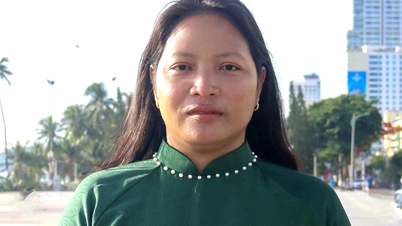


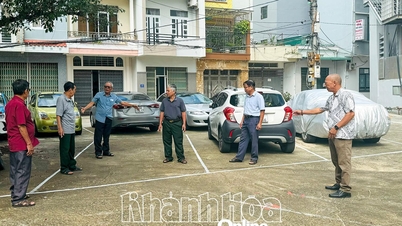



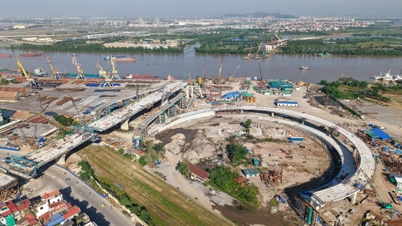












Comment (0)